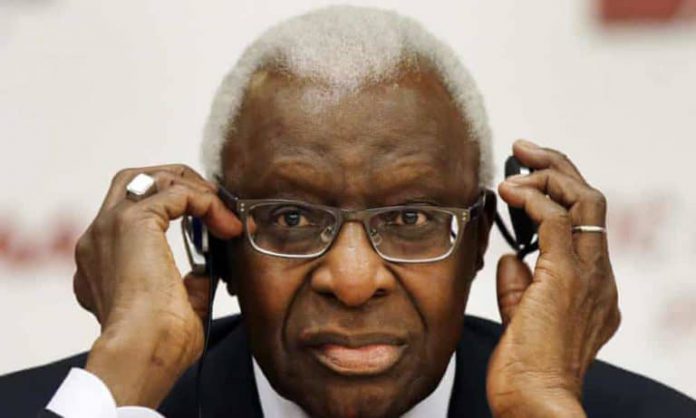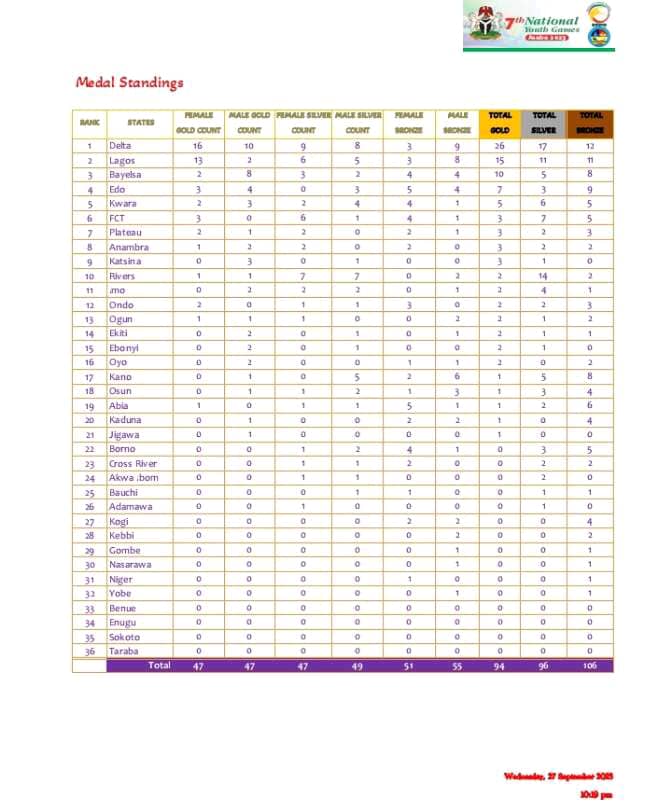Lamine Diack, the controversial long-time leader of track and field who was convicted of extorting money from athletes and accused of taking bribes in an Olympic hosting vote, has died, his family said at the weekend. He was 88.
Awa Diack, niece of the former International Olympic Committee member, told The Associated Press that “my uncle Lamine Diack passed away.“
Diack led track and field’s governing body — then known as the IAAF, now World Athletics — for 16 years. But his name has become a byword for corruption in Olympic circles since 2015, as allegations of wrongdoing emerged soon after Diack’s leadership of his sport ended.
Diack died in his home country, Senegal, where he was allowed to return this year from France after being detained under house arrest for several years and then convicted of various corruption charges linked to abuses of his prominent positions in world sports.
“With the death of Lamine Diack, Senegal loses one of its most illustrious sons,” the west African country’s President Macky Sall said via Twitter.
A former politician in Senegal, Diack became head of the IAAF in 1999 and saw the sport flourish during his time in charge, in part because of the popularity of sprinter Usain Bolt.
Behind the scenes, Diack and his son Papa Massata Diack were involved in wrongdoing that would taint the integrity of their sport and the IOC’s bidding contests and votes to choose Olympic host cities.
They were linked to extorting cash from runners, to cover up their doping cases before the 2012 London Olympics, and taking bribes from Brazilian officials to help ensure Rio de Janeiro was picked as the 2016 Olympics host. Among its opponents was a Chicago bid supported at the vote in Denmark by then-President Barack Obama.
An ongoing French investigation has linked Papa Massata Diack to financial wrongdoing connected to Tokyo’s winning bid to host the 2020 Olympics.
The IOC has now scrapped the traditional bid campaigns and contests that proved vulnerable to abuse, and IOC members no longer vote from a range of candidates. Instead, a controlled in-house process picks a single preferred host for IOC members to rubber-stamp.
Diack was sentenced to four years in prison, two of them suspended, in September 2020 for covering up the payment of bribes by Russian athletes involved in doping cases and the financing by Russia of political campaigns in Senegal.
In May, Diack returned home to Senegal from France, where he had been under house arrest, after a local soccer club paid a bond of about $600,000 to let him leave.
Diack was convicted on multiple charges of corruption during his tenure, some of it related to the Russian doping scandal. His son was sentenced in his absence to five years in prison.











